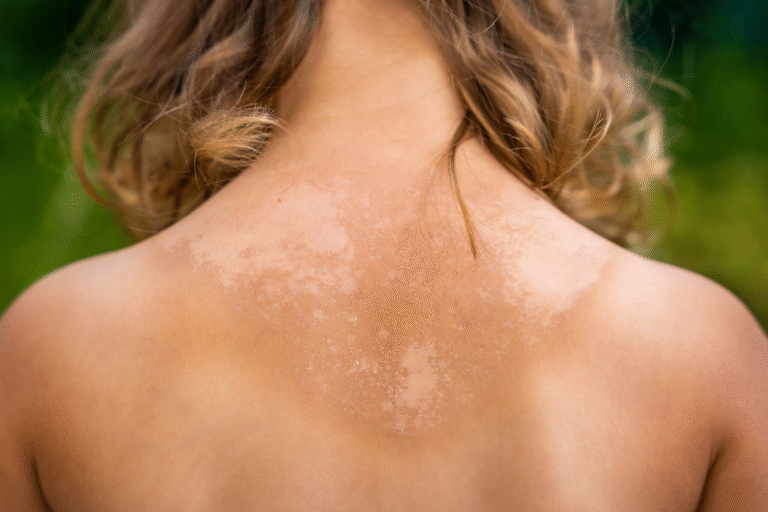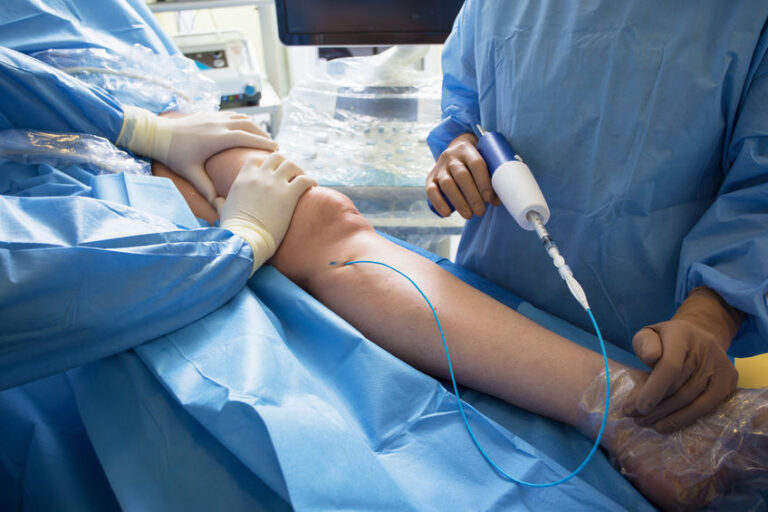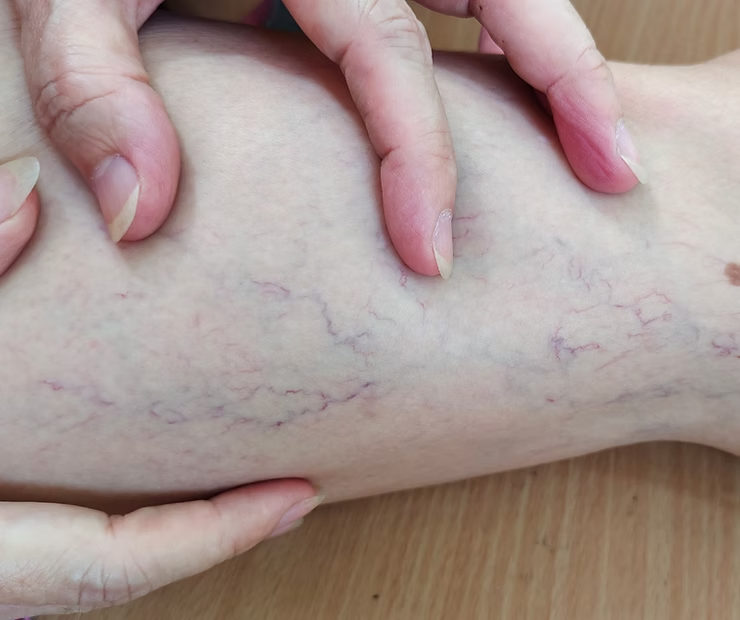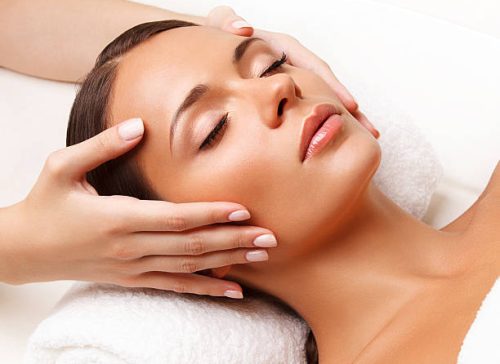Best Dermatologist-Recommended Skincare Routine for Acne
Acne is one of the most common skin concerns faced by people of all ages. Whether you are a teenager battling hormonal breakouts or an adult dealing with stubborn pimples, finding the right skincare routine can feel overwhelming. With countless products and advice online, it’s easy to get confused about what really works. To help clear things up, dermatologists—the skin experts—have shared their recommended skincare routine to effectively manage and prevent acne. This article breaks down the best dermatologist-recommended steps and tips for an acne-friendly skincare routine that anyone can follow.
Understanding Acne and Why a Good Routine Matters
Acne occurs when hair follicles get clogged with oil, dead skin cells, and bacteria. This leads to pimples, blackheads, whiteheads, and sometimes deeper cysts or nodules. While genetics, hormones, and lifestyle play a big role, a proper skincare routine is essential to control acne, reduce inflammation, and prevent scarring.
Dermatologists emphasize that a consistent, gentle routine is key. Over-washing or harsh scrubbing can irritate the skin, making acne worse. Instead, targeted treatments combined with soothing care help restore the skin’s balance and improve its appearance over time.
Step 1: Gentle Cleansing Twice a Day
The first step recommended by dermatologists is cleansing your face twice daily—morning and night. Use a mild, non-comedogenic (won’t clog pores) cleanser formulated for acne-prone skin. Look for ingredients like:
- Salicylic acid: Helps unclog pores by gently exfoliating inside the follicle.
- Benzoyl peroxide: Kills acne-causing bacteria.
- Glycolic acid: Promotes gentle exfoliation and brightens skin.
Avoid harsh soaps or cleansers with fragrances that can dry out or irritate your skin. Use lukewarm water—not hot—and gently massage the cleanser onto your face with your fingertips. Rinse well and pat dry with a soft towel.
Step 2: Apply Acne Treatment Products
After cleansing, apply targeted acne treatments as recommended by your dermatologist. These often contain active ingredients that reduce oil, fight bacteria, and speed up skin cell turnover, such as:
- Topical retinoids (like adapalene or tretinoin): Promote skin renewal and prevent clogged pores.
- Benzoyl peroxide: Useful for killing bacteria and reducing inflammation.
- Azelaic acid: Helps reduce redness and kills bacteria.
- Niacinamide: A calming ingredient that also regulates oil production.
Start with one product to avoid irritation, and apply it on dry skin. Be consistent but patient—acne treatments usually take several weeks to show results.
Step 3: Moisturize to Maintain Skin Barrier
Many people with acne skip moisturizer, fearing it will make their skin oilier. However, dermatologists stress that moisturizing is crucial, even for oily or acne-prone skin. Proper hydration helps maintain the skin’s protective barrier and prevents dryness and irritation caused by acne treatments.
Choose a lightweight, oil-free, non-comedogenic moisturizer with soothing ingredients like ceramides, hyaluronic acid, or glycerin. Apply moisturizer after acne treatments to keep skin balanced and comfortable.
Step 4: Always Use Sunscreen
Sun protection is a must for everyone, especially if you have acne. Some acne medications can make your skin more sensitive to the sun, increasing the risk of sunburn and dark spots.
Dermatologists recommend using a broad-spectrum sunscreen with at least SPF 30 daily, even on cloudy days. Look for oil-free, non-comedogenic sunscreens designed for acne-prone skin to avoid clogging pores.
Step 5: Weekly Exfoliation and Face Masks (Optional)
While daily exfoliation can be too harsh, gentle exfoliation once or twice a week can help remove dead skin cells and prevent clogged pores. Dermatologists suggest chemical exfoliants like alpha-hydroxy acids (AHAs) or beta-hydroxy acids (BHAs) rather than physical scrubs, which may irritate acne-prone skin.
Additionally, calming clay masks or masks containing sulfur may help reduce excess oil and inflammation when used occasionally.
Lifestyle Tips to Complement Your Skincare
A good skincare routine is important, but dermatologists also highlight lifestyle factors that impact acne:
- Avoid touching your face: Your hands carry oils and bacteria.
- Keep hair clean and away from your face: Oils and hair products can cause breakouts.
- Wash pillowcases and towels frequently: To prevent bacteria buildup.
- Eat a balanced diet: Some find reducing dairy or high-glycemic foods helpful.
- Manage stress: Stress can trigger or worsen acne.
When to See a Dermatologist
If over-the-counter products and home routines don’t improve your acne after several weeks, or if your acne is severe with painful cysts, it’s time to consult a dermatologist. They can prescribe stronger medications, such as oral antibiotics, hormonal treatments, or isotretinoin, and tailor a personalized skincare plan for you.
Frequently Asked Questions (FAQs)
1. How long does it take to see results from a dermatologist-recommended acne routine?
It usually takes 4 to 8 weeks to notice improvements, and full results may take several months. Consistency is key.
2. Can I use makeup if I have acne-prone skin?
Yes, but choose non-comedogenic, oil-free makeup products and remove makeup thoroughly before bed.
3. Should I exfoliate every day if I have acne?
No, daily exfoliation can irritate acne. Gentle exfoliation 1-2 times per week is recommended.
4. Is it true that diet affects acne?
While research is ongoing, some people find reducing dairy and high-sugar foods helps improve acne.
5. Can acne treatments make my skin dry or irritated?
Yes, many acne medications can cause dryness and irritation, so using a gentle moisturizer is important to maintain skin balance.
Conclusion
Finding the best dermatologist-recommended skincare routine for acne involves gentle cleansing, targeted treatments, proper moisturizing, sun protection, and occasional exfoliation. Combined with healthy lifestyle habits and patience, this routine can help reduce acne breakouts, soothe inflammation, and improve your skin’s overall health. Remember, consistency is vital, and if acne persists, a dermatologist’s guidance is the best way to achieve clear, healthy skin. Start with these steps and give your skin the care it deserves!







